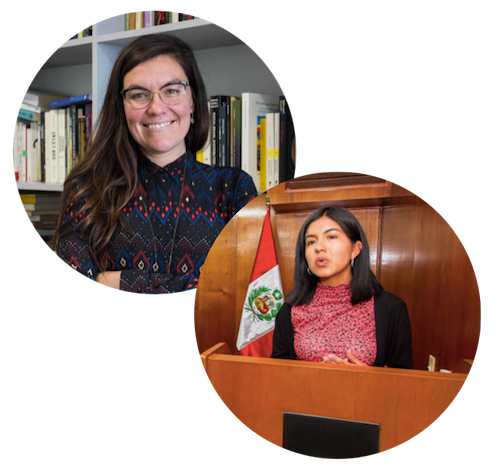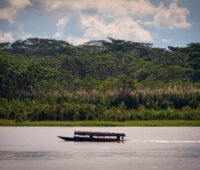As the Covid-19 pandemic spread throughout Peru, one community was particularly hard hit by the disease, Indigenous peoples in the Amazon. Deborah Delgado Pugley and Dámaris Herrera Salazar, through their SSRC-funded research, examine how the Indigenous communities in Ucayali Region addressed the lack of government support. However, they argue to be wary of resiliency narratives that can be employed to justify state neglect and a slow response.













